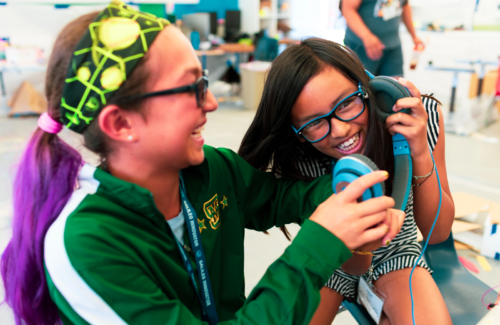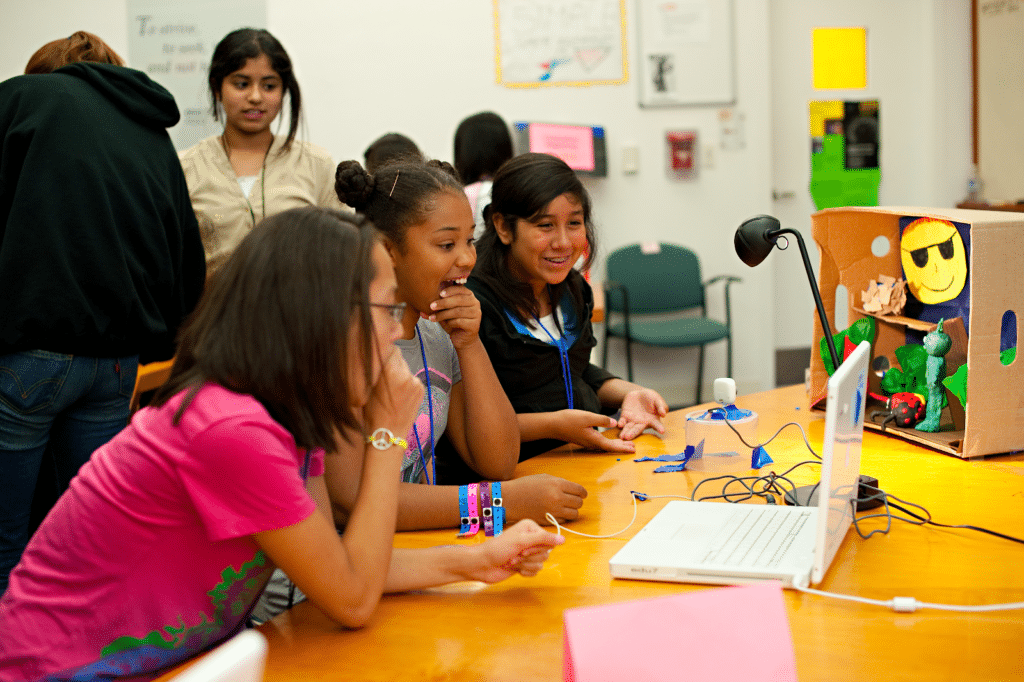3 Top Strategies to Develop Critical Thinking in Kids

Critical thinking skills are critical for kids to learn as they grow into rational, well-rounded adults. Push your kids to explain how they solved a problem and—when they’re done pushing back—they’ll be well on their way to becoming better learners. Here are a few painless, practical ways to dial your kids’ critical thinking skills up to 11.
Analyze This, Analyze That
Help your kids form good habits by applying logic to everyday tasks. It’s as simple as weighing pros and cons and making lists.Opportunities abound, and playtime is most certainly included.
Play provides excellent chances to observe cause and effect in real-time. Whether stacking blocks or conducting exciting experiments, encourage your children to develop and test hypotheses. Here are some questions you might ask to encourage your kids to think about the impact they make:
- What are your options?
- What do you think will happen if…
- Is that what you expected would happen?
- What might you change to get a different result?
Envisioning new and different ways of doing things is the very basis of innovation, and there are often multiple solutions for a single problem. Give your kids time—even if it means counting out 60 Mississippi seconds in your head—to formulate their ideas and express themselves.

Debate and Engage with Opposing Views
It’s natural—and great practice in courageous self-expression—for kids to share their opinions and take sides on a topic. But it’s also important to help them keep an open mind, recognizing any biases they might have and considering ideas different from their own. They might not change their opinion, but they’ll learn something about the constructive (and fun!) nature of friendly debate.
Debating gives kids the chance to practice both preparing a point of view and thinking on their feet. It also encourages them to fine-tune their listening and communication skills in order to dismantle rebuttals.
The next time you sense a conversational lull at the dinner table, open the floor to some friendly debate. At a loss for topics? Here are some ideas:
- Classroom participation should be graded.
- Kids should choose where they sit in class.
- Dogs are the best pets.
- School uniforms should be required.
- Homework should be banned.
- All museums should be free to the public.

Open-Ended Questions
One of the simplest ways you can facilitate critical thinking is by asking questions that don’t have a right or wrong answer and can’t be answered by a simple yes or no.
A good starting point for using open-ended questions is analyzing the story from a favorite book. While reading to your kids, ask them why they think something happened in the story, what they think will happen next, orwhat they would do if they were in the position of the characters. You can do this with independent readers too; just ask what they’re reading and what’s happening in the story first.
—-
Developing a mindset based in critical thinking is at the core of innovation. In order to imagine a world that doesn’t yet exist, we believe you must first think critically and deeply about it. Our summer camps are all based on the concept that problem-solving can be challenging and lots of fun at the same time. If you’re interested in learning more about our summer camps in your area, click the button below to find a location near you.

